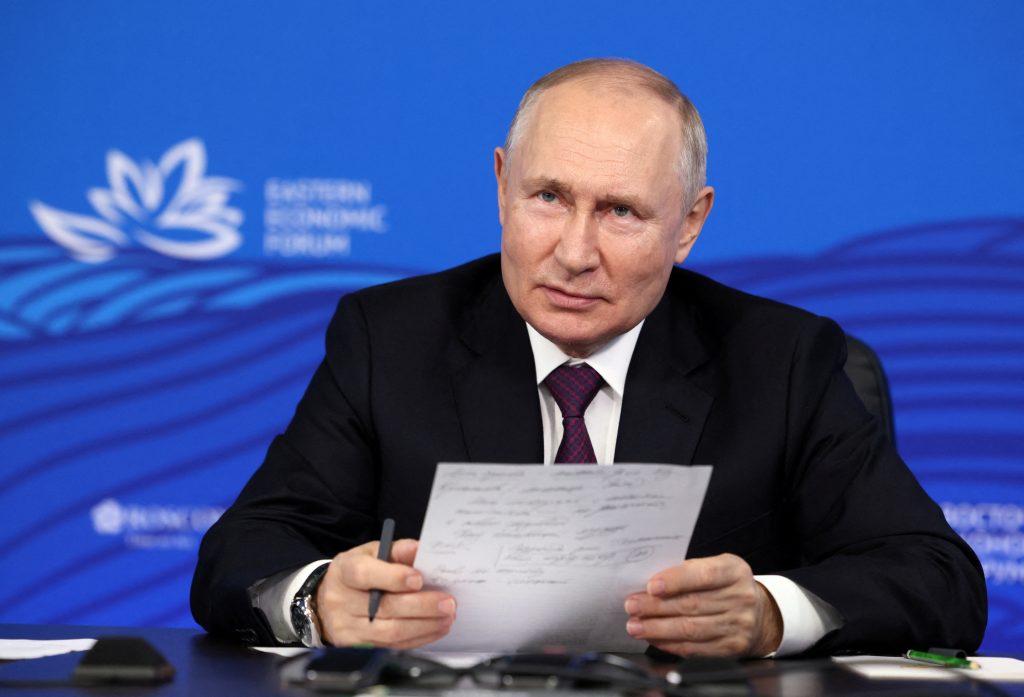In a recent interview with Tucker Carlson, Russian President Vladimir Putin claims that he was ready to sign a deal to end the war with Ukraine 18 months ago, but the then-Prime Minister Boris Johnson intervened, dissuading Ukraine from reaching an agreement. These allegations, if true, raise significant questions about missed opportunities for peace and the role of international leaders in the ongoing conflict.
Vladimir Putin Claims: Version of Events
According to Putin, negotiations took place in Istanbul, resulting in Ukraine signing a deal that could have halted hostilities. However, he contends that Boris Johnson persuaded Ukraine’s leader, Davyd Arakhamia, to back out, suggesting that it was “better to fight Russia.” Putin alleges that Johnson’s influence led to the continuation of the war.
The Missed Chance for Peace
Vladimir Putin Claims that Arakhamia had initially agreed to the deal but changed his stance under Johnson’s advice. The deal, according to Putin, involved significant concessions from Russia, aiming to restore what was lost during clashes with Ukraine. The Russian President expressed disappointment at the missed opportunity for peace, emphasizing that the war could have ended 18 months ago.
International Involvement
Putin also accused the United States of advising Ukraine President Volodymyr Zelenskyy not to negotiate any deal. He asserted that a comprehensive settlement had been prepared in Istanbul, with the Ukrainian delegation ready to sign. However, Johnson’s intervention allegedly thwarted the agreement, prolonging the conflict.
Johnson’s Denial
Boris Johnson has vehemently denied these allegations, dismissing them as “total nonsense” and “Russian propaganda.” He refutes any interference in Ukraine’s decision-making process, emphasizing that the peace proposals were not viable in early 2022 due to Russia’s territorial ambitions.
The Kremlin’s Perspective
The Kremlin has previously suggested that Johnson’s visit to Kyiv in April 2022 was an attempt to derail any potential peace deal, leading to Russia maintaining its troop presence in Ukraine. The proposed agreement would have seen Ukraine forgoing plans to join NATO and adopting a stance of neutrality.
Clarification from Arakhamia
David Arakhamia, head of Ukraine’s ruling party, supported Johnson’s denial, accusing Moscow of distorting his words. He insisted that no peace proposals were possible in February or March 2022, as Russia’s actions were driven by territorial ambitions and the overthrow of a democratic government.
Conclusion
The conflicting narratives surrounding the alleged missed opportunity for peace in Ukraine highlight the complexities of international relations and the challenges in achieving diplomatic resolutions. As these claims continue to reverberate, it remains essential to critically analyze the available information and consider the perspectives of all involved parties.
Read More: Jason Luv Lena the Plug, Decoding the Controversial Feud: Adam22

